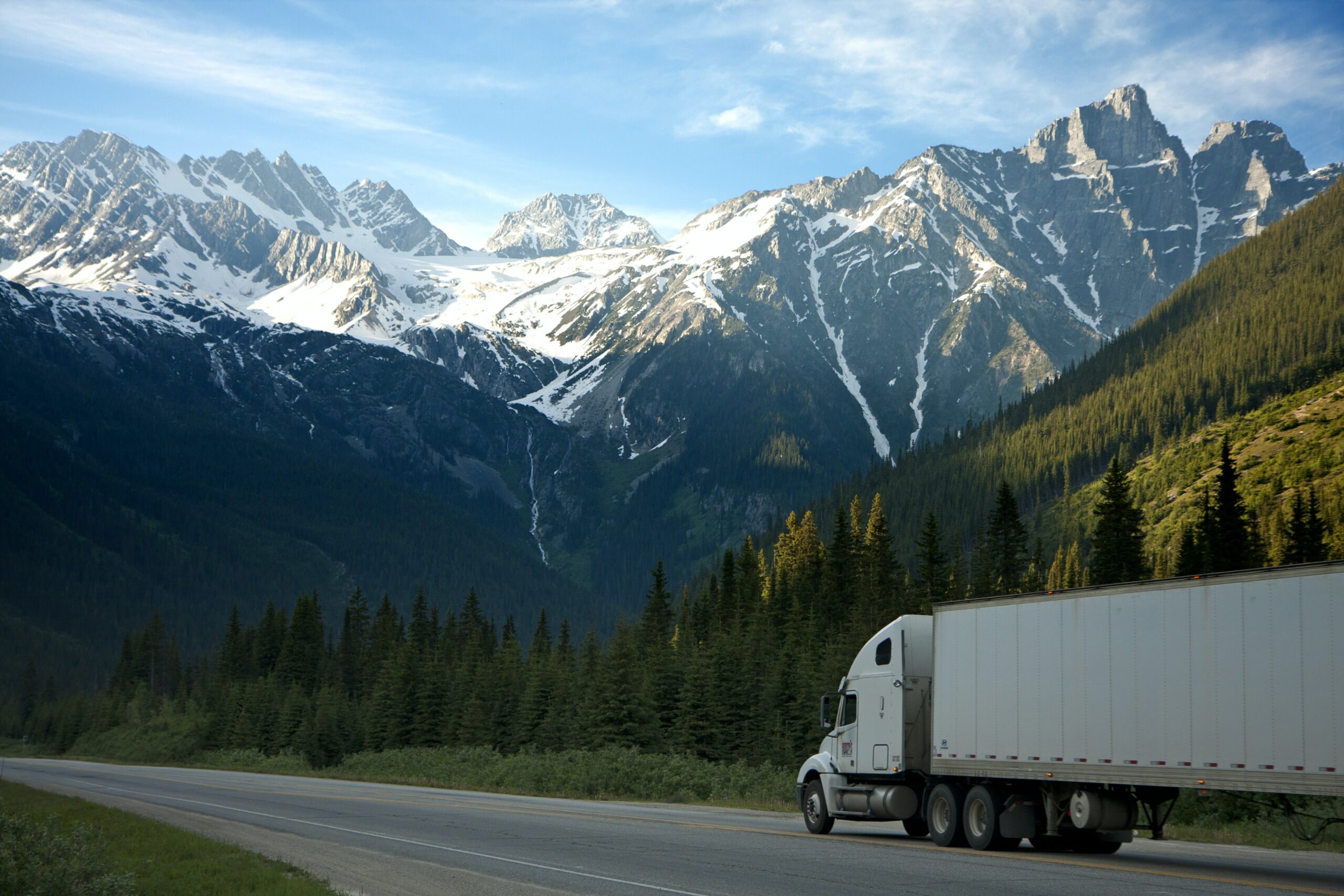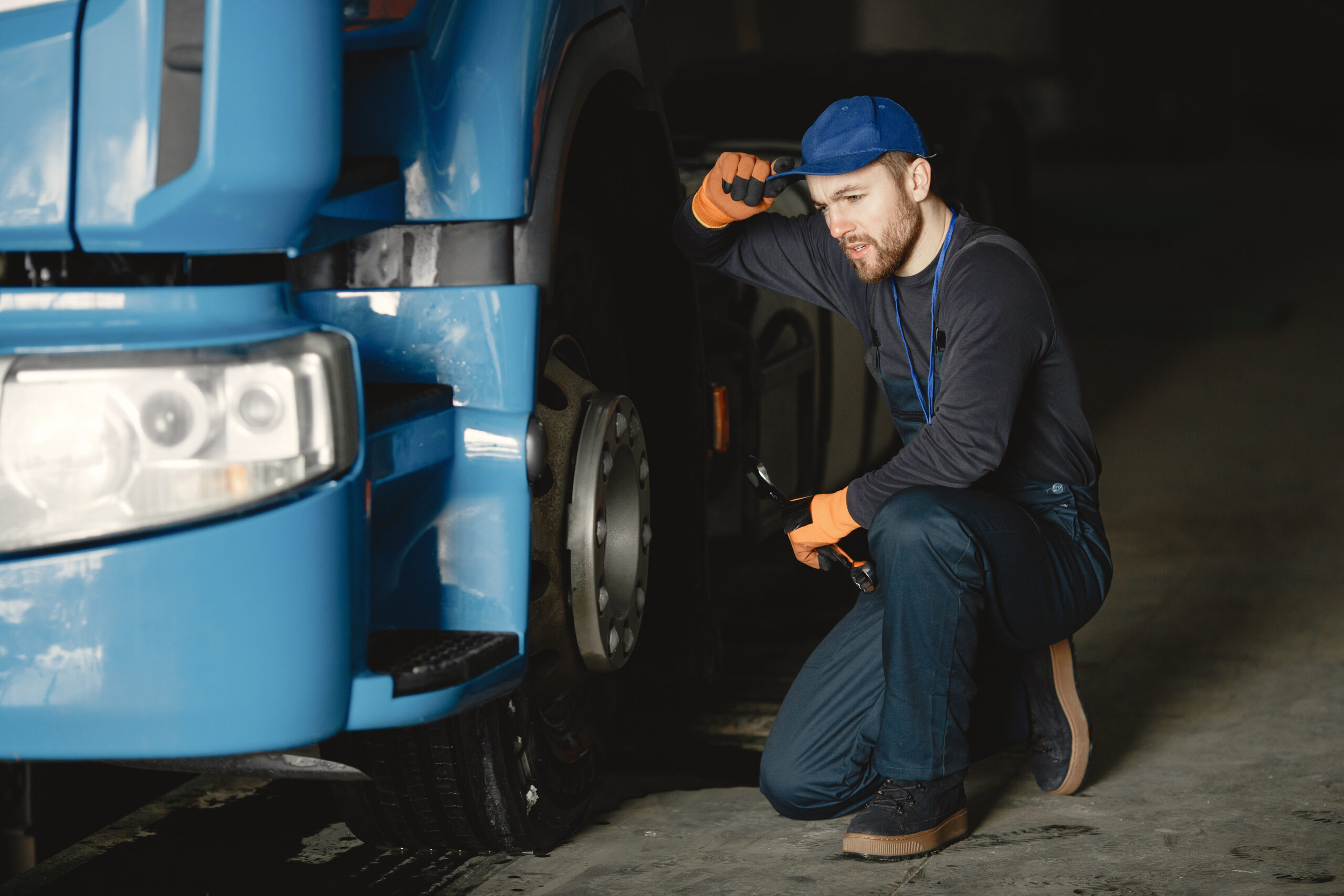The future of trucking is here–but what does that mean exactly? What changes in the trucking industry are on the horizon? As technology and regulations continue to evolve, we’re seeing a number of trends take hold and alter how things get done in transport. Here are five main changes you can expect in the trucking industry over the next ten years.
1. Increased adoption of electric and autonomous vehicles
One of the biggest changes in the trucking industry will be the increased adoption of electric and autonomous vehicles. Electric trucks have the potential to significantly reduce fuel costs and emissions, while autonomous vehicles could increase efficiency and safety on the roads.
Electric trucks are still in the early stages, and we’re lacking the infrastructure to make them a truly viable option for most, but they have already shown promise as a cleaner and more efficient alternative to diesel-powered trucks. Tesla recently released its Semi, which boasts a 500-mile range, followed by competitors from Volvo, Freightliner, Kenworth, and more.
I don’t think we’ll be seeing level-5 fully-autonomous trucks on the road in this decade, but I do believe that we’ll see more trucks integrated with autonomous software that will significantly improve safety on the roads and help eliminate human error. Some levels of automation can help companies to run their operations more efficiently by minimizing downtime caused by driver fatigue and allowing for more precise route planning.
2. Greater use of telematics and data analysis
As technology continues to advance, we can expect to see more and more trucking companies using telematics and data analysis to improve their operations.
Data presents so much opportunity and now powers multiple industries, and trucking is no different. If you’re not utilizing tools to capture, track, and analyze data–you’re letting money go down the drain. Telematics can give trucking companies a wealth of data on their operations, including driver behavior, vehicle performance, and fuel consumption. After analyzing this data, companies can easily identify areas to improve efficiency and reduce costs.
Adopting telematics systems can be costly, and many companies may struggle to access the necessary funding to make this upgrade. This is where freight factoring companies like BasicBlock come in, offering a simple and efficient way for you to access your money when you need it. This frees up funds for you to invest in new technologies and stay competitive.
3. More stringent regulations
Governments around the world are likely to impose increasingly strict regulations on the trucking industry in the coming years in order to improve safety and reduce emissions. This could include mandatory speed limiters, increased inspection requirements, and stricter fuel economy standards. This January, California’s ban on pre-2010 emissions spec engines went into effect, setting a new standard for trucking in the state.
Regulations play a crucial role in shaping the trucking industry, and stricter regulations could have a significant impact on the industry in the coming years. For example, governments could require trucking companies to install speed limiters on their vehicles to help reduce the number of accidents caused by speeding.
Similarly, governments could require trucking companies to meet stricter emissions standards in order to reduce their environmental impact. This could lead to more companies adopting electric trucks, as well as more investment in other types of clean energy technologies.
4. Rising demand for last-mile delivery
With e-commerce continuing to grow, there is likely to be an increasing demand for “last-mile” delivery services, which involve getting packages from a warehouse or distribution center to the customer’s door. This could lead to more specialized delivery trucks, as well as more investment in warehouse and distribution infrastructure.
Consumer shopping behavior has changed. People are using their phones to make purchases of everything they need or want online, so the number of packages that need to be delivered to people’s homes is likely to continue to grow. This could lead to more specialized delivery trucks, as well as more investment in warehouse and distribution infrastructure.
For example, we may see more lightweight delivery trucks specifically designed for city use. We’ve seen companies testing last-mile electric carts, e-trolleys, and more.
5. Increased use of logistics software
As the trucking industry becomes more complex, we expect to see more companies using logistics software to plan, execute and optimize their operations. The software can help companies to coordinate multiple carriers, routes, and loads, and it would help companies to reduce costs, increase efficiency and improve customer service.
Additionally, logistics software can also help to improve customer service by providing real-time visibility into the status of deliveries. This allows companies to quickly respond to any issues that may arise, such as delays or missed deliveries, and to provide more accurate delivery estimates to customers.
In summary, the trucking industry is facing a number of significant changes in the coming years. These changes could have a major impact on the industry, both in terms of costs and efficiency, but also in terms of safety and environmental impact. Trucking companies that can adapt to these changes will be well-positioned to succeed in the future, while those that fail to do so may struggle to keep up. Let’s drive on into the future.







0 Comments